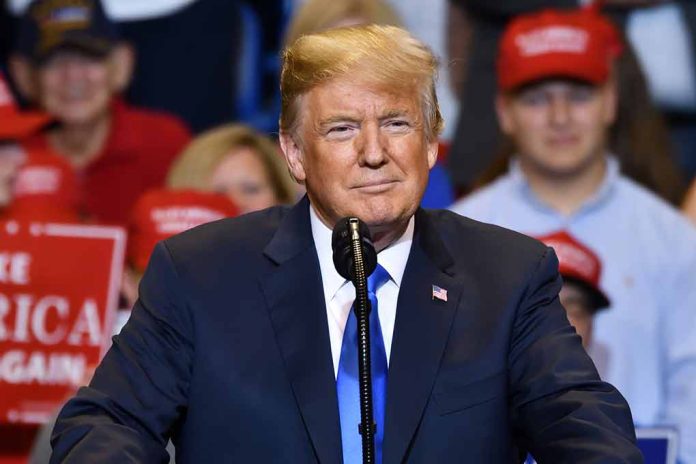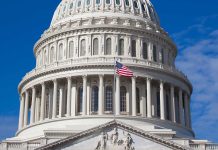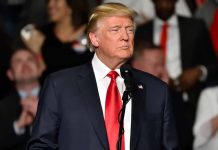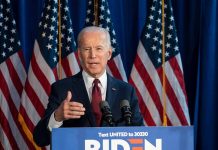
(LibertySons.org) – Several conservative websites and legal experts have started discussing the possibility over the last couple of weeks that Donald Trump’s legal team could use a recent Supreme Court ruling to reduce his judgment order in his New York civil fraud trial. The late Justice Ruth Bader Ginsburg wrote the majority opinion in Timbs v. Indiana, 139 S. Ct. 682 (2019) and could play a role in helping the former president avoid paying the full $355 million penalty plus $98.6 million in interest.
In Timbs v. Indiana, The Supreme Court held that the Eighth Amendment‘s Excessive Fines Clause applied to ruling at the state and local level under the 14th Amendment‘s Due Process Clause. Previously, the prohibition on high financial penalties only applied to the federal courts.
Conservative legal experts, like former acting US Attorney General Matt Whitaker, theorized that Trump’s legal team could use Timbs v. Indiana during his appeal before the New York Supreme Court’s appellate division to obtain a reduction in the total amount of money he has to pay to satisfy New York Supreme Court Justice Arthur Engoron’s decision and order in New York v. Trump (NYSCEF Doc. No. 1688).
The 8th Amendment to the Constitution guarantees the right of every American to avoid cruel and unusual punishment or excessive fines. In a case with no victims, the question should be posed if Letitia James violated the 8th Amendment right. pic.twitter.com/yhbmycZccW
— Matt Whitaker 🇺🇸 (@MattWhitaker46) March 12, 2024
However, the rationale carries a potential glitch. Judge Engoron’s ruling ordered Trump to pay a disgorgement, not forfeiture. While the average American might consider that a semantic distinction, a 2020 Supreme Court ruling held otherwise.
The Supreme Court ruled in Liu v. Securities Exchange Commission (140 S. Ct. 1936, 207 L. Ed. 2d 401) that a disgorgement is a form of “equitable relief” and not a “forfeiture.” The court’s ruling explained that disgorgements can only include ill-gotten gains. In contrast, forfeitures may consist of any direct proceeds from an unlawful act and any secondary profits from that legally infirm action.
In other words, although Whitaker and other conservative experts are correct in their assertion that Ginsburg’s majority decision in Timbs v. Indiana theoretically applies the Eighth Amendment in Trump’s case, the Supreme Court’s subsequent ruling in Liu v. SEC means his lawyers likely won’t succeed in reducing the former president’s penalty by arguing that Engoron’s order violated his rights under the Excessive Fines Clause.
However, both conservative and liberal legal experts say the appeals court could still order a reduction on other grounds. Time will tell.
~Here’s to Our Liberty!
Copyright 2024, LibertySons.org









